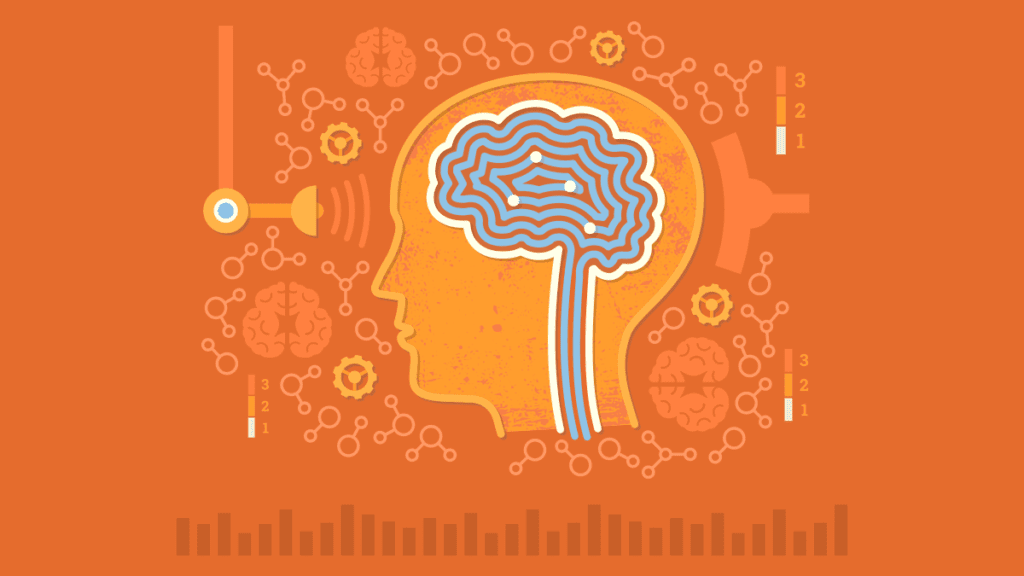
In today’s intense digital world, it’s easy to feel anxious, stressed out and mentally tired in an environment of hyper-connectivity with exposure to a constant influx of information – always available at our fingertips.
We all have our daily worries and if you’re not worried about a downturn in the economy, then perhaps you’re stressed out with the information overload of the current Coronavirus. Also, in the USA, its election year, and whether you live in the country or not, you’re bound to be inundated with the nitty gritty details concerning every candidate.
The Anxiety and Depression Association of America state that anxiety impacts a startling 40 million Americans. Furthermore, and perhaps more concerning, is that a 2019 report indicates that over 56% of American adults have a mental illness and have not received treatment.
There does seem to be hope however, despite all these factors that work against us. A committed team of entrepreneurs and mental health professionals are collaborating and coming up with innovative ideas to help put citizens at ease.
An increasing number of psychiatrists, psychologists and variety of medical professionals are immersing themselves in these new technologies in order to reach patients who are in need.
It could even be suggested that this year, could be the year that mental health startups become more mainstream. Here’s why:
The very discussion of mental health has progressed from being an awkward conversation point to an area that is increasingly spoken about in the media and on television, with the intention to make it easier to discuss within the home and in our daily lives. Certain stigmas connected with mental illness are fading or beginning to disappear.
When one looks at the core of western culture in areas like sports and entertainment, it’s easy to see why this shift is taking place:
- Olympian swimmer Michael Phelps can be seen in TV ads for Talkspace, a message-based therapy platform.
- NBA star Kevin Love penned a deeply honest piece about his challenges with mental health.
- Lebron James partnered with the meditation app Calm, touting the importance of mental health.
It’s becoming increasingly common to see things like therapy sessions advertised on television or portrayed in movies. There is also a lot of interest in the community about investing in mental health. Estimates suggest that almost a billion dollars in venture capital has been allocated to this space in recent years.
The growth of this area somewhat emulates other times when industries such as online gaming or digital currency startups sprouted in mass numbers.
Headspace, Calm, Talkspace, Mantra Health and BetterHelp are some of the growing names that are attempting tackle these issues by providing services ranging from meditation to bridging doctor-to-patient interactions.
This is a bi-product of anticipated consumer demand, which now seems more warranted based on efficiencies in pricing and access.
Innovative advancements in technology have enabled completely new ways of working and have allowed for doctors and patients to interact and connect easily; ranging from text messages, video conferencing to virtual reality. This helps medical professionals avoid traditional office expenses and allows for a more cost-effective, efficient solution.
Employers have also embraced these services and have started to offer them as core resources or discounted benefit services. This is clearly happening for good reason.
A study published in the U.S National Library of Medicine highlighted that 86% of employees performed better after receiving treatment for depression, with lower reported rates of absenteeism at work.
The ever-evolving cultural sentiment and the increasing investment and technological advancements is significant of a growing opportunity for emerging startups within the field for mental health. Initiatives of this kind, will help promote and improve individual quality of life for a better overall society.